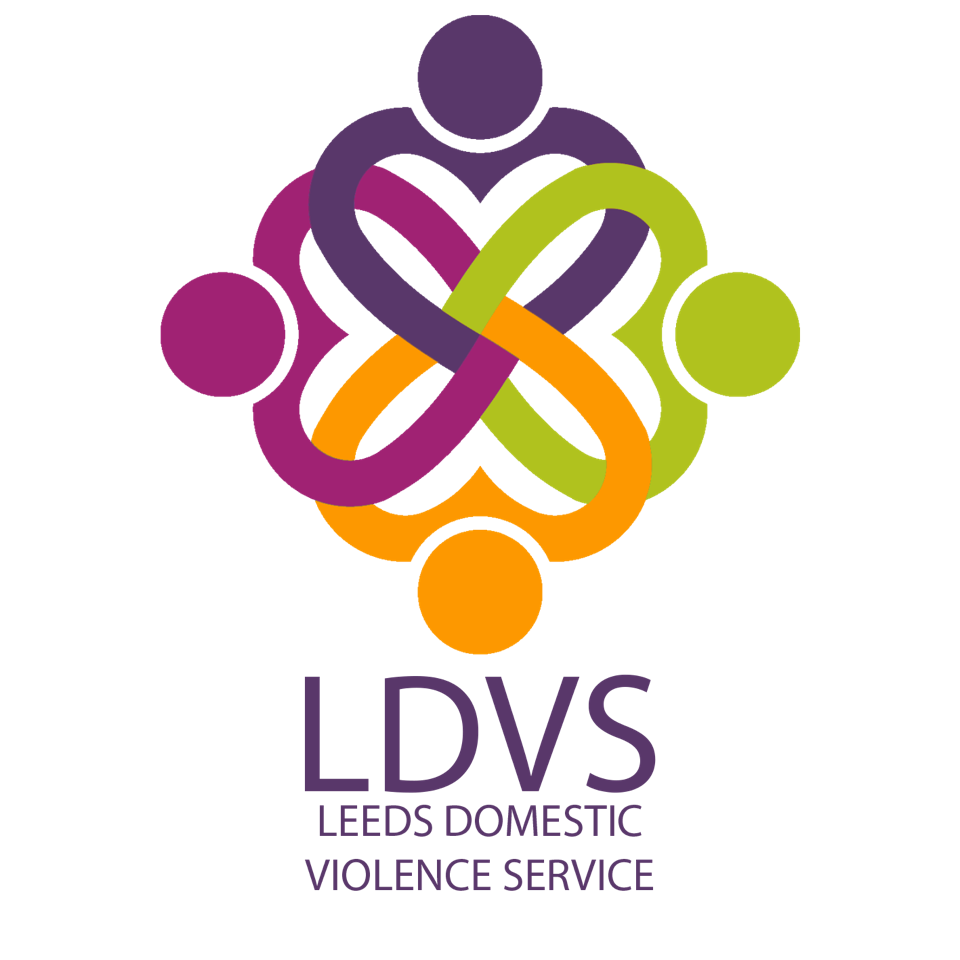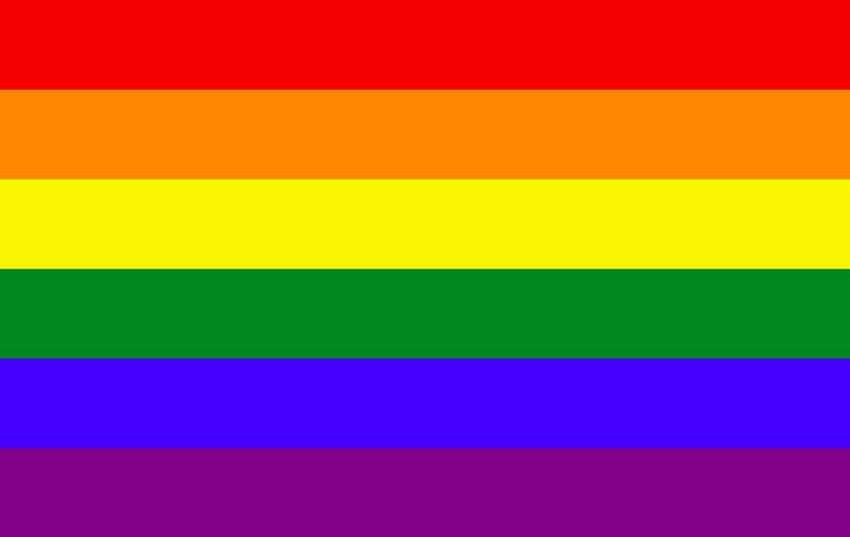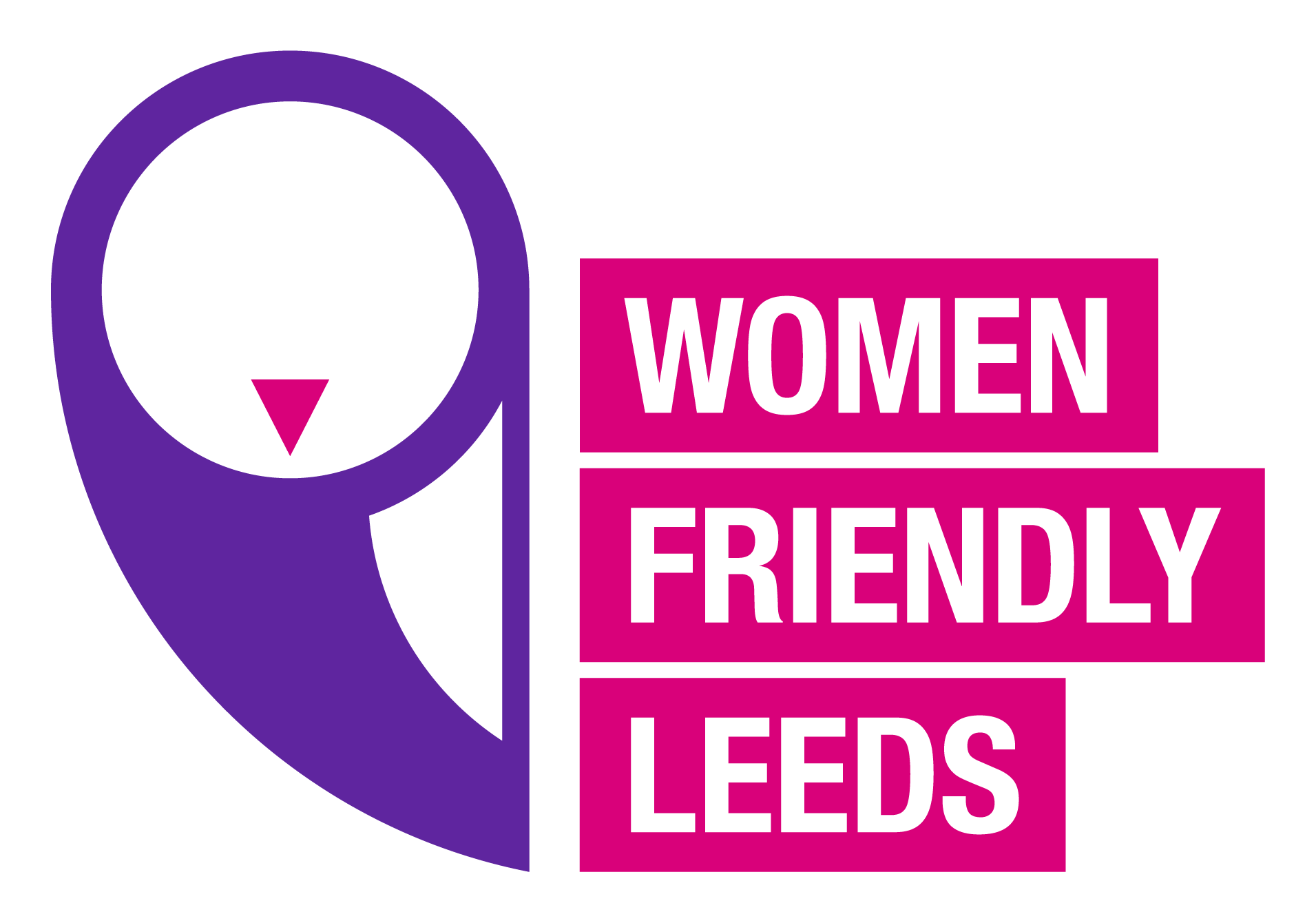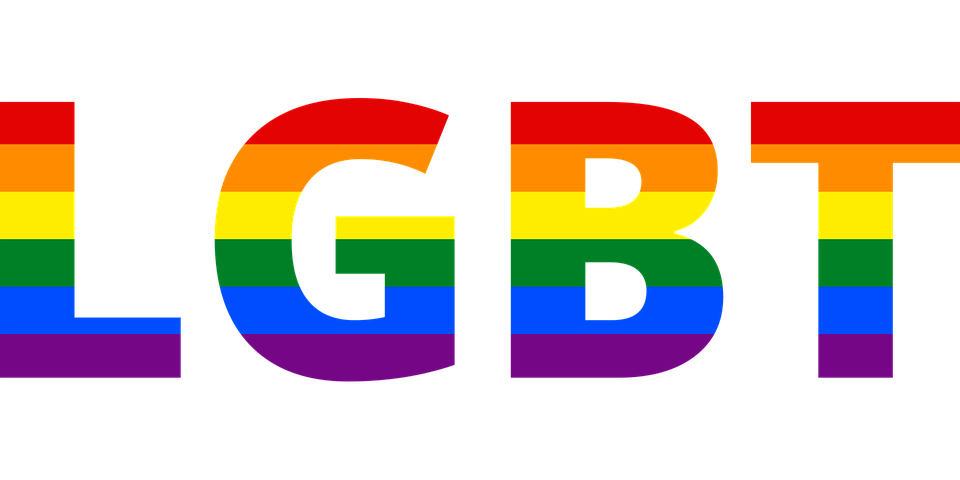
This page is to help children and young people to understand domestic violence and abuse and find help and support. Take a look below to find out more:
Who can I talk to?
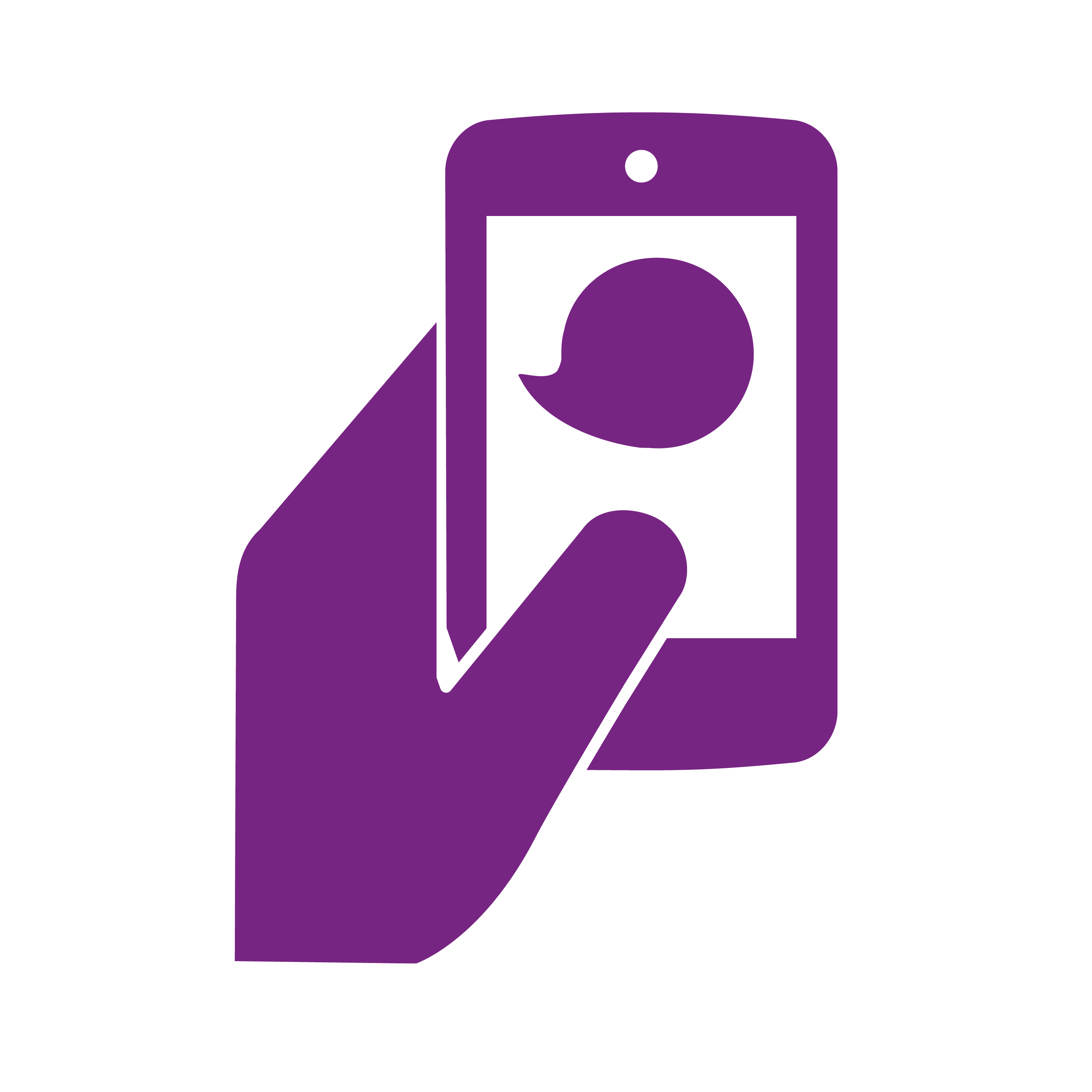
If you’re worried about how you or someone you love are being treated, you are not alone.
There are lots of people who can help:
- If you or someone you know is in immediate danger, you can call the police on 999.
- If you are under 16, you can talk to a trained person for free through ChildLine by calling 0800 1111 or chatting online.
- If you are aged 16+, you can can call our 24 hour helpline on 0113 246 0401, use our Live Chat here or email us at [email protected]
Take a look below for more support on who to call and when.
When should I call the police?
If you feel unsafe or are worried someone is in immediate danger, then you should call the police on 999. This is to be used in emergencies only.
If you don’t need an immediate response, you can report what has happened to the police on the 101 non-emergency number or via the West Yorkshire Police website.
What will calling the police be like?
You should call the police if you are worried someone is in danger right now. But we know that can be a scary and hard thing to do. It might help to know what might happen on a 999 call.
- When you call 999, listen to the questions from the person at the other end and answer them if you can. They will help you if you aren’t sure what to say. When you have been put through to the police they will talk to you to find out how they can help. It is best to speak to the person on the other end if you can.The Police call handler is there to help and support you. They are trained to assist and are keen to help.
- If you call 999 and can’t speak because of what is happening, there are things you can do to let the call handler know that you need help. You might be asked to cough, tap keys or make a noise
If you can’t answer these questions or make any sound, here’s what might happen:
If you are on a mobile:
- If there is a suspicious noise, the call will be forwarded to the police control room for that area.
- If you still can’t respond and you haven’t put the phone down after 30 seconds, where there is background speech / voices / random persistent key presses, the call may be connected to the “Silent Solution System”. This helps people find out which calls are real calls for help or mistaken dials. Here is what happens next:
-
- You will hear a message saying ‘you are through to the police’.
- It will ask you to press 55 to be put through to the police contact centre. The person on the line will stay on and listen.
- If you press 55, they will send the call to the police but if you don’t the call will end.
- Once you’ve pressed 55, you will be put through to someone who will try to ask you simple “yes or no” questions to find out how they can help you.
- If you can’t speak at all, they will try to find out ways they can help. Try to listen to them carefully.
- If you call from a landline phone: They don’t use the “Silent Solution System” here as calls from landlines are less likely to be a mistake so pressing 55 here won’t work in the same way as on a mobile.
- If you can’t ask for help or answer questions, but the person on the other end can hear background noise or can’t decide if you need help, you’ll be put through to a police call handler who will try to help more.
- If you put the phone down before being put through, the landline might stay connected for 45 seconds in case you pick it up again. If you pick it up again during this 45 seconds and the person on the other end is worried about your safety, the call will be connected to police.The call handler will look to send a Police Officer to your location if they are still be concerned about your safety
You can also contact the Police online from their “Contact Us” webpage if you are safe to do so. You can find that form here. This also has a facility for you to webchat with a call handler, if you would prefer. You can also find signposting advice on Domestic Abuse on the police website here. The online forms accessed from these pages do not store site details in the history of your computer.
And remember, if you are in danger, or need urgent help, 999 is the number to ring. Call handlers currently answer 999 calls on average in six seconds and can offer advice on how to protect yourself, pending the arrival of the Police.
What is it like calling Childline
Anyone under the age of 19 can call Childline for support. You can reach them on their helpline 24 hours a day, 7 days a week on 0800 1111. Here are some key points of info about calling Childline:
- Calling Childline is free from landlines and mobiles in the UK and even if you don’t have credit on your phone you can still call them.
- Calls to Childline and Childline’s number won’t show up on your phone bill.
- Calls aren’t recorded.
- Counsellors will write some notes about what you tell them but Childline is confidential, which means they’ll only share what you have told them in particular situations, like if there’s a danger to life or another safeguarding or legal need to share.
Visit Childline’s website for more information.
I am aged 16+ and think I'm experiencing domestic abuse in my relationship. What is it like calling your helpline, emailing you or using your live chat?
Our helpline and email are open to people aged 16+ of any gender who think they might have been affected by domestic abuse or violence in any way. Our Live Chat is open to young women aged 16+.
- The helpline (0113 246 0401) is open 24 hours a day, 7 days a week and can be called for advice, to refer yourself for support or just to talk. A trained helpline support worker will ask you at the start of the call if they can keep your details on our database. You don’t have to share that info and can stay anonymous if you’d prefer.
- If you get all the info you need and would like to think things over, you can call us again at any time. Or you can give us your contact details and a safe time for us to call you back to chat.
- You can also email us at [email protected] (for people of all genders) or get in touch on Live Chat via our website 1-3pm Mon-Fri, 7.30-9.30pm Tues-Thurs (for young women). We will respond to you as soon as we can.
It’s not free to call our helpline unfortunately but it is free to get in touch online via Web Chat or Email.
What if what is happening isn't abuse? I'm scared of getting it wrong and wasting someone's time.
It can be hard to know if what you and your family are going through is abuse. A good rule of thumb to go by is: if you are scared, being hurt or feel something isn’t right, it could be good to talk to someone you trust. You can also take a look at our What is Domestic Abuse and Violence? page to find out more about what domestic violence and abuse can look like.
Since July 2021 the government has also changed the law to recognise children and young people victims of domestic violence and abuse in their own right, so you have every right to be treated as a victim of a crime, if you have seen or experienced something that you think is domestic abuse.
Asking for help from someone you trust is never wasting someone’s time and you will never get in trouble for calling a helpline like Childline, no matter what situation you are in.
How do Leeds Women's Aid help children and young people?
If you are aged 16+, all of our services are open to you, including our refuges, drop-ins, IDVA support and group support. You can access them by talking to us through our helpline, live chat or email.
For young people aged 15 and under, we can support you in our refuges and in the community. At the moment, we mostly work with children and young people aged 15 and under in our refuges, when they come to stay with their parent. We welcome children and young people into the refuge and help them to feel as comfortable as we can. We also organise groups, workshops and trips for families and children and young people. We also support children and young people when their parent is in an important meeting, which they may not be able to go along to. We work with them in a way that works best for them to make them feel comfortable and happy in the refuge and work through any problems they may be experiencing.
I don’t want to call a phone line. Who else can I talk to?
If you are worried about yourself or someone you love, it could help to talk to someone you trust. This could include a:
- Teacher
- Friend
- Family member
- Family friend
- Neighbour
- Group Leader / Youth worker
- The police
- A faith leader i.e. Vicar, Imam, Rabbi
You can also talk to helplines online via web chat or email. Take a look below to find out more.
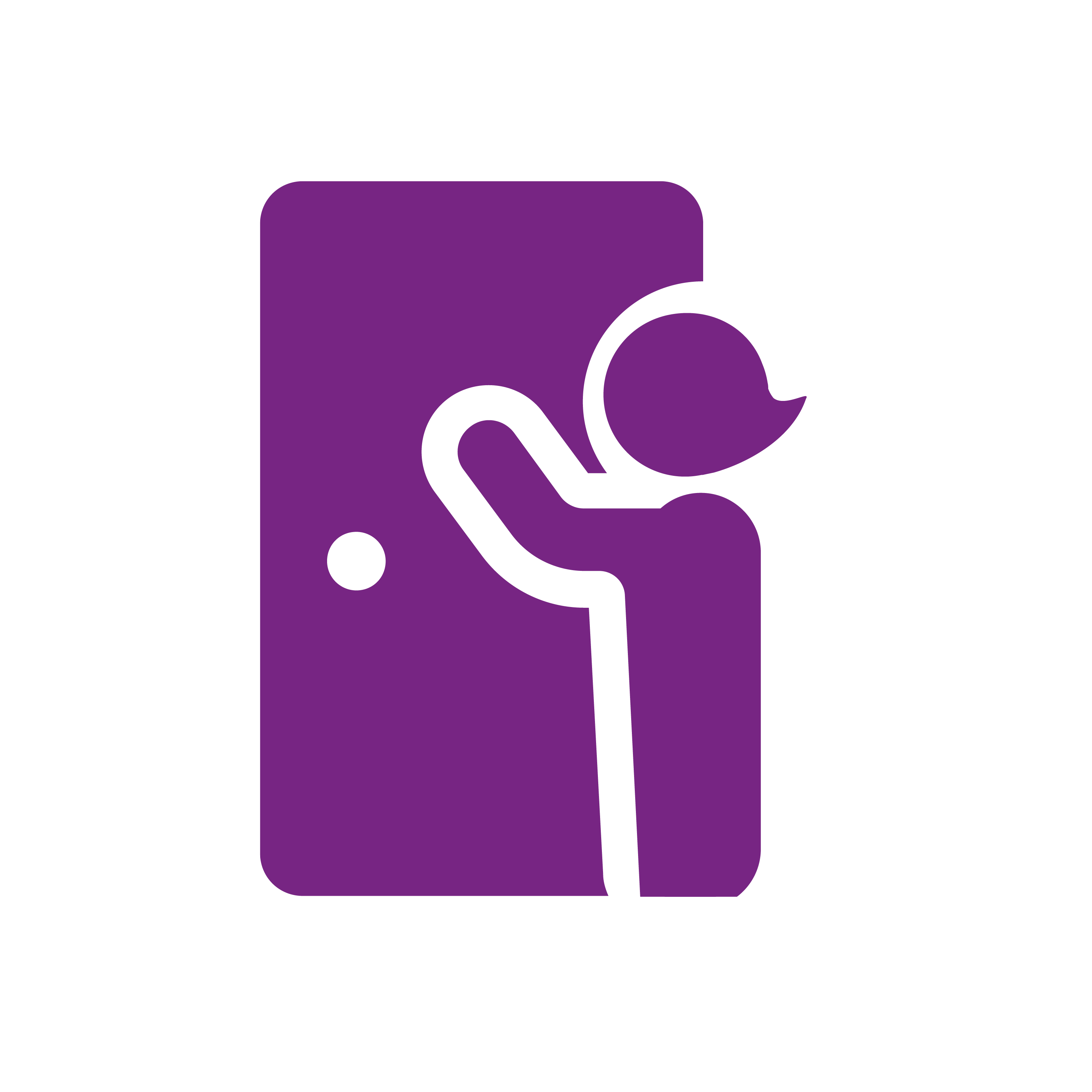
Who else can I talk to?
If you do not feel that the above options are right for you or would like some additional information about support, below is a list of national and local organisations you can also go to for help and info.
The headings should help you narrow down who might be able to offer the best help for you.
I am aged 16+ and want support for abuse I am experiencing but don't want to call a local helpline. Are there national helplines I can call?
Yes there are. Please remember, though, that Leeds Women’s Aid and Leeds Domestic Violence Service are here to help and will only ever share your information when it is necessary and only with people who it is safe to share it with.
National Helplines
For young women: National Domestic Violence Helpline, run by the charity Refuge
24/7 Helpline number: 0808 2000 247.
Online Live Chat: You can also contact their Helpline online here, open weekdays 3-10pm. You can also send a secure webform requesting a call back.
What if I have accessibility needs? The helpline uses the services of Language Line to provide access to interpreters for non-English-speaking callers. The Helpline also has British Sign Language interpreters available, via video call on weekdays between 10am-6pm, which you can access here.
Are they free to call? Yes.
For men aged 18+: Men’s Advice Helpline, run by Respect
Who do they support? They support men aged 18+ experiencing domestic violence or abuse.
Helpline number: 0808 801 0327, open Mon-Fri between 9am-8pm.
Email: you can also email [email protected], Mon-Fri 9am-8pm, Sat & Sun 10am-12pm, 4-6pm / Webchat Support: Visit their website here on Wednesday, Thursday or Friday, 10-11am and 3-4pm.
Are they free to call? Yes.
I am a child or young person and have been affected by abuse. I would like to chat online to other young people who have experienced similar things.
You can use the Childline Messenger Board – Website
As well as trained people you can call and talk to online, you can also post on Childline message boards. The message boards are a safe place you can chat with a huge online community of other children and young people about what’s going on for you. They have different sections, including abuse, you can look through to see what children and young people going through similar things to you are saying.
I am aged 10+ and think I have been affected by child abuse and / or child sexual exploitation. Who can support me?
Below are some local places that can support you if you have been affected by child abuse and/or child sexual exploitation. To find out a bit more about the difference between domestic abuse and child abuse, it may be useful to talk to a trained professional at Childline on 0800 1111. You can also visit our “What is domestic abuse?” webpage.
Basis Young People
What do they support with? Basis Young People support children and young people aged 10+ who have been affected by, or are at risk of, experiencing child sexual abuse or exploitation.
Phone: 0113 243 0036. This phone line is usually open during office hours Mon-Fri, 9am-4pm.
Online Options: You can also contact them via email: [email protected] / or find out more about their work on their website
Are they free to contact? Their phone number is not free to call but emailing is free.
Getaway Girls
What do they support with and who do they work with? Getaway Girls work with girls and young women aged 11-25 with a range of needs to build confidence and develop new skills through group and individual support. They support young women aged 11-18 at risk of child sexual exploitation to help raise awareness and find ways of keeping themselves safe. Visit their website here to find out more.
Phone: 0113 240 5894.
Are they free to contact? They are not free to call but you can check their website to see if you can get in touch in any other ways for free.
You can also always call or get in touch with Childline if you would prefer on 0800 1111.
I'm a child or young person and have been affected by domestic violence and/or abuse in my relationship or family. I would like to look on websites to learn and read more.
You can explore the Women’s Aid – The Hide Out – Website
This website is for children and young people who have been affected by domestic abuse. It includes definitions, activities, games and stories from young people to help you to understand more about domestic abuse.
If you are a young person / teenager and have been affected by domestic violence or abuse in your relationship. These websites might be useful to explore:
- The Childline website section on ‘Friends, relationships and sex‘.
- Women’s Aid’s Love Respect website aimed at teenage girls and young women at risk of relationship abuse. This website includes advice and young people’s stories around relationships that may prove useful.
Whatever you are going through. You will not get in trouble for calling one of the above helplines and they will do their best to support you or direct you to somewhere that can.
I am an adult and am concerned about a child being affected by abuse, domestic or otherwise. Who do I call?
You should get in touch with the NSPCC.
Who do they support? The NSPCC is for adults to get in touch with if they are concerned about a child.
Phone: 0808 800 5000, open Mon-Fri 8am-10pm, 9am-6pm on weekends
Email: [email protected], trained helpline counsellors can be contacted 24/7 via email.
Online Reporting Form: Find out more here.
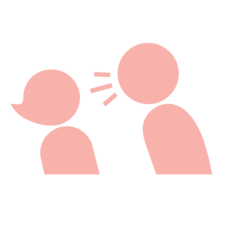
Every child and young person deserves
to have someone to talk to


